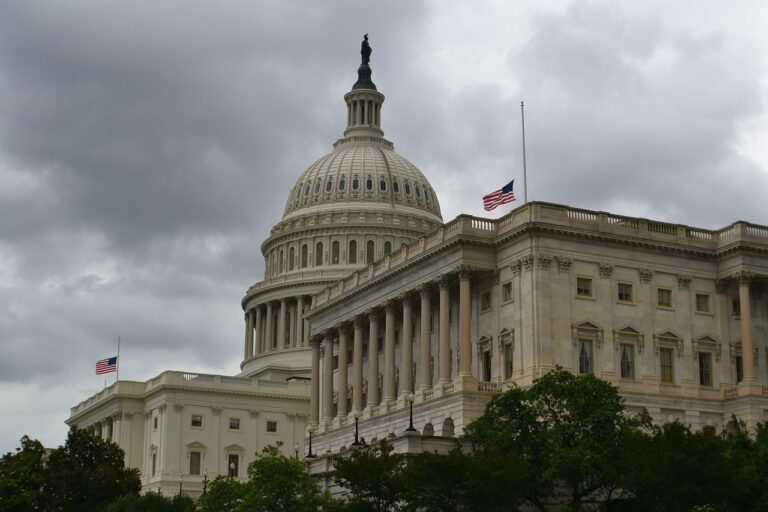Part of our ongoing series focused on people throughout history who have achieved great things well beyond mid-life.
Exploring the Life and Times of the Father of American English
Being a writer and amateur historian, there are very few figures from the past I admire more than the American author, educator and lexicographer Noah Webster. Nowadays it almost seems like he’s just a name on a dictionary, and people often confuse him with politician and diplomat Daniel Webster (They were not related.) To those of us who know and love history, however, Noah Webster stands as a towering figure in the story of the United States and American culture.
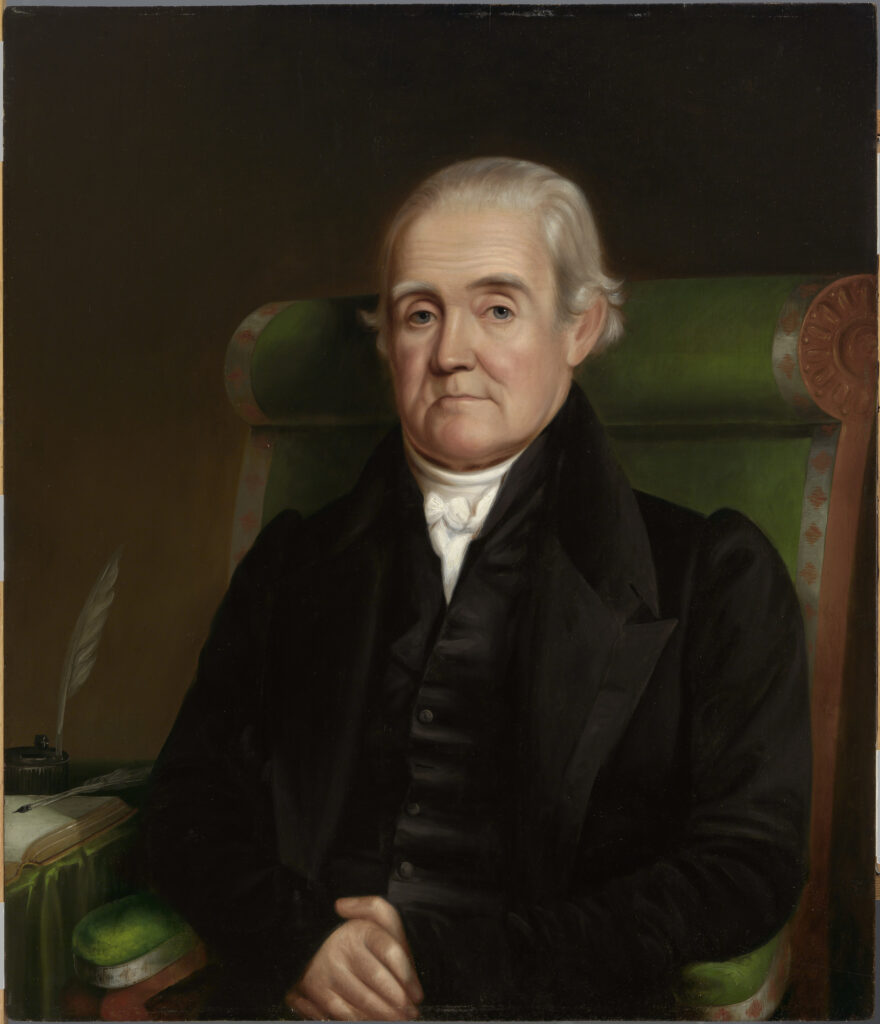
NPG.67.31 – National Portrait Gallery – Public Domain
http://npg.si.edu/object/npg_NPG.67.31
https://commons.wikimedia.org/w/index.php?curid=66326630
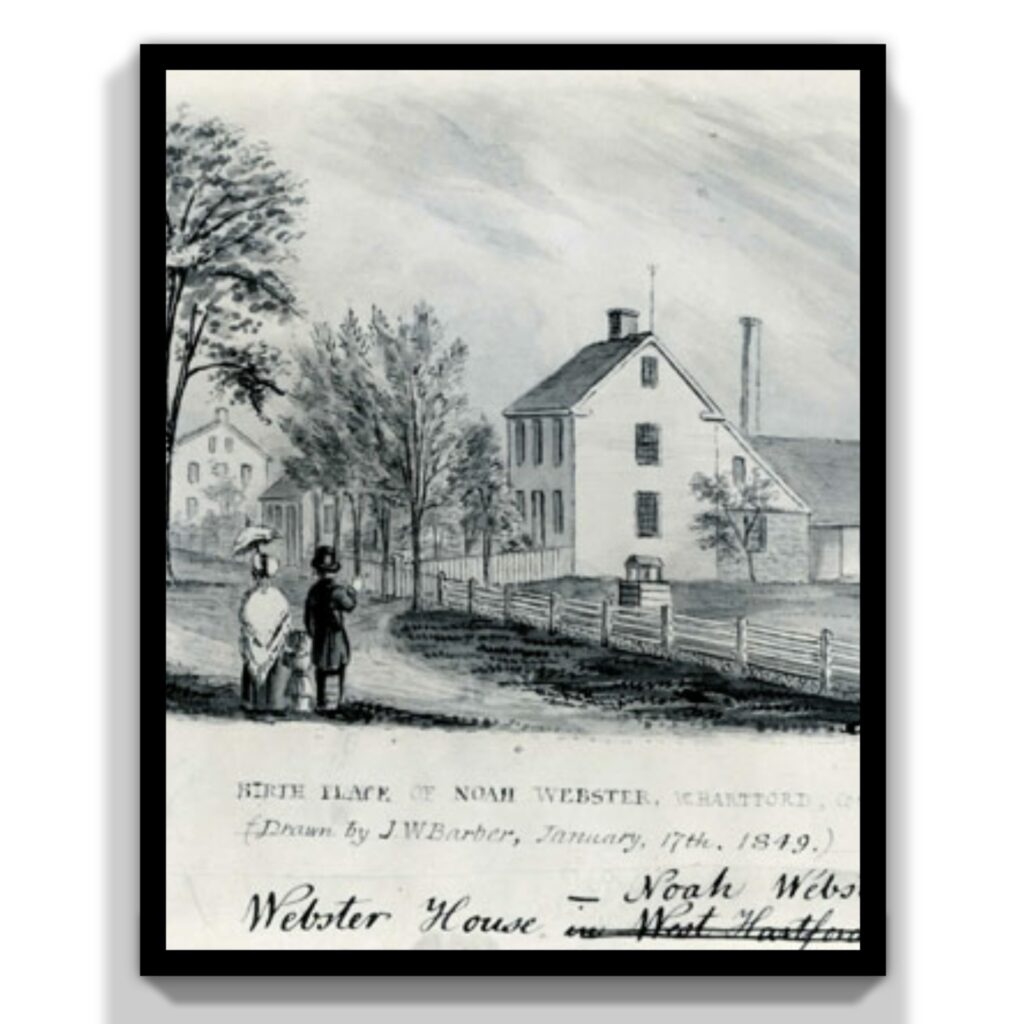
Public Domain
Courtesy of Noah Webster House & West Harford Historical Society
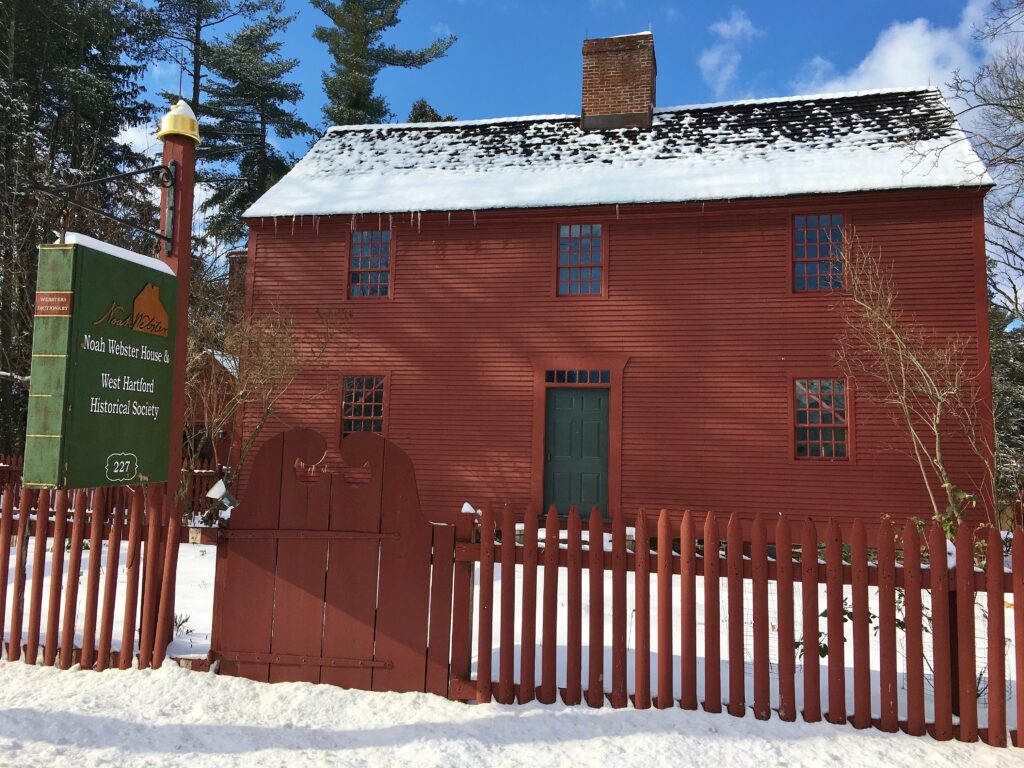
Photo by Marty Aligata – Own work, CC BY-SA 4.0,
https://commons.wikimedia.org/w/index.php?curid=86308021
Early Life
Born in the year 1758 in West Hartford, Connecticut, Noah Webster graduated from Yale College in 1778. He married Rebecca Greenleaf in 1789 and passed the bar examination in 1781. He became a prominent essayist and tried his hand at being a teacher
Scholastic Reforms
Noah Webster was deeply committed to education, and became the driving force behind educational reforms in the United States. In 1816, at the age of 58, he published his “Compendious Dictionary of the English Language,” designed specifically as a school textbook. His work reflected his lifelong desire to improve American education by providing students with accessible and comprehensive resources.
Impact on American Language and Culture
Webster’s advocacy efforts only seemed to intensify in his later years. He believed that America should develop its own distinct cultural and linguistic identity — separate from British influences. He continued to promote the idea of American English as a separate and independent language from British English. His work contributed heavily toward the growing sense of American identity and cultural independence in the 19th century.
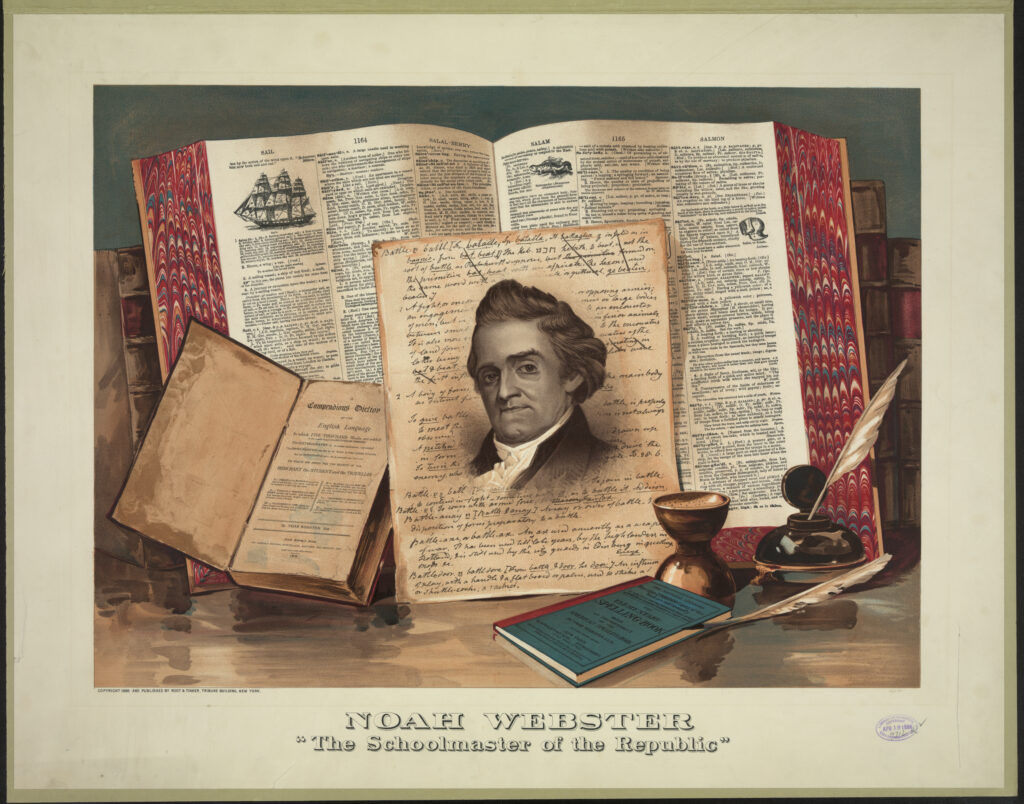
Image by Root & Tinker – Courtesy of the United States Library of Congress Prints and Photographs Division.
Public Domain — https://commons.wikimedia.org/w/index.php?curid=10385234
Founding of Amherst College
At the age of 57, Noah Webster was one of the prime movers in the establishment of Amherst Academy in Massachusetts. The institution later evolved into Amherst College, which remains a prestigious liberal arts institution even to the present day. In the 21st Century, Amherst College stands as a monument to Webster’s lasting impact on American higher education.
Advocacy for Copyright Laws
As more and more of his writings were published, Webster became keenly aware of the lack of legal protections for American authors and their works. He was a leader in efforts to protect both intellectual property and the rights of writers and innovators, even meeting with President Andrew Jackson to promote his views. No one was more instrumental in shaping the early foundations of copyright and patent law in the United States than Noah Webster.
Creation of a Masterpiece
It is, of course, Webster’s contributions to lexicography for which he is most remembered and most remarkable. In 1806, he wrote and compiled his first dictionary: “A Compendious Dictionary of the English Language.” The following year, he began work on an expanded and more comprehensive version. It took 22 years to complete his magnum opus, and in 1828 the monumental “Noah Webster’s American Dictionary of the English Language” was finally published. He was 70 years old.
* * * * * * * * * *

Engraved by H. B. Hall and Sons, New York, New York
Image courtesy of the Yale University Manuscripts & Archives
Public Domain — https://commons.wikimedia.org/w/index.php?curid=10421514
So there you have it. To overstate Webster’s diverse and far-reaching contributions to American language, education and culture would be almost impossible. From the founding of Amherst College and establishment of copyright laws to his pioneering work on the lexicography of a unique and separate American English, Noah Webster left a lasting imprint on the development of the United States and its intellectual and cultural history.
By Steven Roberts



